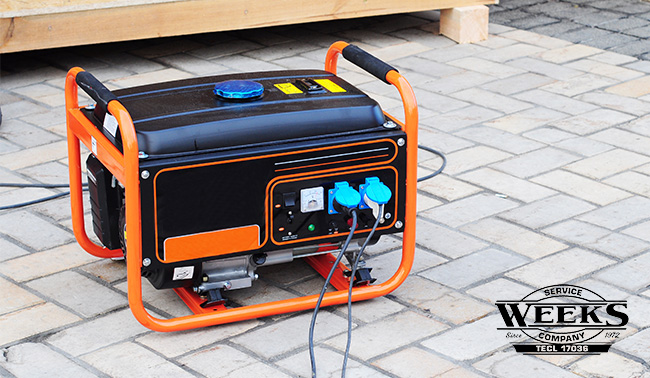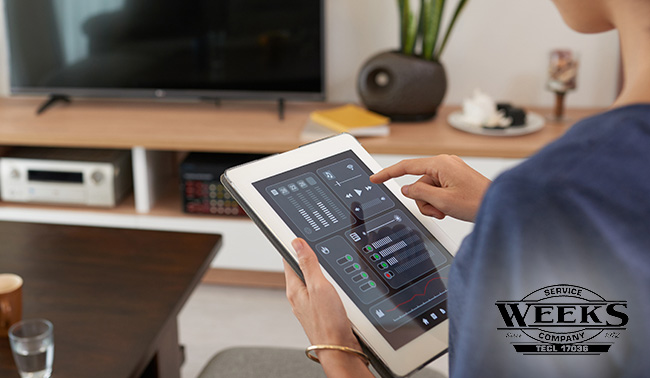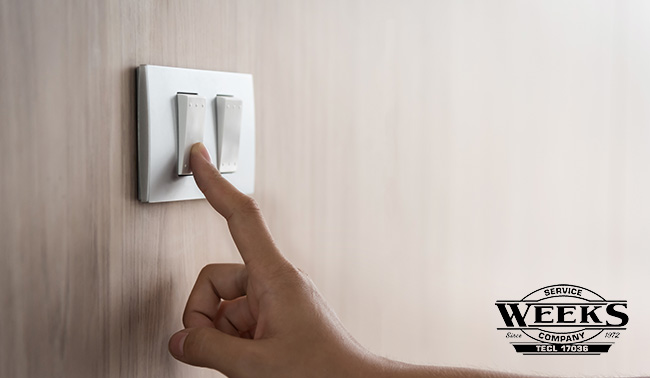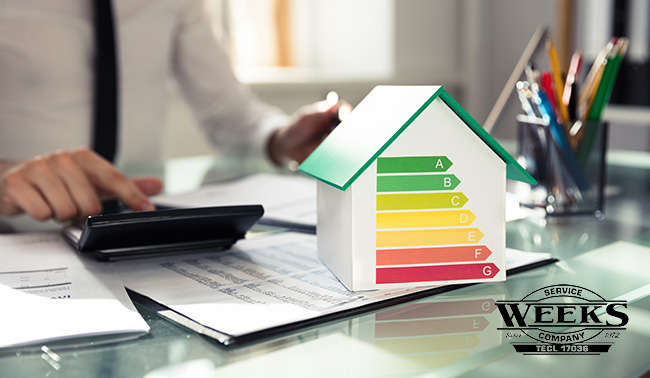
While a portable generator can deal with the electrical needs of only a few home appliances, a standby generator is strong enough to supply your entire home. So while the rest of the neighborhood is in darkness, your home could keep operating as though nothing had happened.
Standby generators are less noisy and more secure than portables, and they work automatically—you don’t need to make the slightest effort. That comfort doesn’t come cheaply. Depending on the electrical assessment —which is vital in deciding the size of your generator— a typical unit costs about $10,000.
Standby Generator vs Portable Generator
Making the sticker price more attractive is the fact that most standby generators have a long shelf life – around 15 years. Additionally, upon home resale, these units recoup around 50 percent of their expense. Even though annual maintenance is essential, authorized technicians can help guarantee a unit’s dependability. For certain families, particularly those that might have an individual with health problems that require electrical equipment, the need for uninterrupted electricity is essential.
What Size Generator Do I Need?
That generally depends upon your electrical needs and budget. You’d prefer your electricity to continue running during a power outage, so try to find some kind of balance between what your electrical needs are – and what your budget allows. It’s a good idea to make a record of the wattage each outlet in the home requires – and the specific electronics and appliances attached. There might be some rooms that would not need electricity during an outage. Here are some notes on specific appliances:
- Lights bulbs commonly need 60 to 200 watts.
- A refrigerator needs around 600 watts.
- A portable heater may require around 1,500 watts.
- A washing machine will use anywhere from 400 – 1300 watts.
- Different electrical essentials to also consider: microwave, garage door opener, home security unit, and even a sump pump (if you have one in the basement).
How Much Power Can a Portable Generator Produce?
Portable generator sizes are estimated in watts, yet standby generator sizes are frequently estimated in kilowatts (and one kilowatt is equivalent to 1,000 watts). Homeowners with needs in the 5,000-to 7,000-watt range may do well with a portable generator, which is usually available at home improvement stores—see our suggestions for the best portable generator here. Those individuals who want a minimum of 12,000 watts should look at standby models. A consultation with an experienced electrician would be the best route to go before deciding upon the kind of generator you need.
Call Weeks Service Co.
Keep in mind that the most expensive – or the highest wattage isn’t always what is best for your needs. Call Weeks Service Company to schedule a consultation today!



